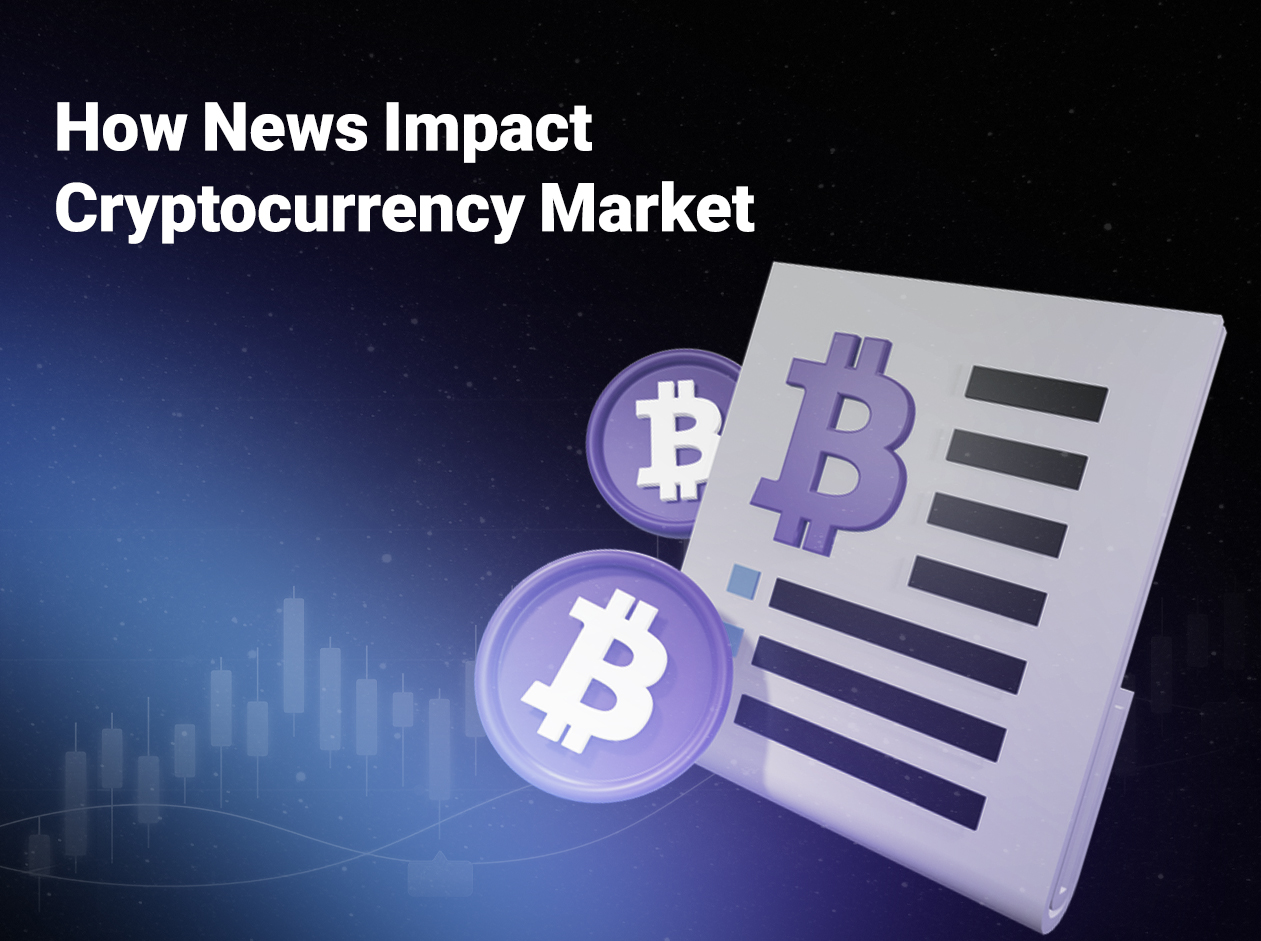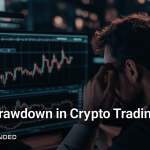The cryptocurrency market, one of the most volatile and exciting financial spaces, has gained massive attention from investors and analysts worldwide. Despite being relatively new, this market’s rapid price swings make it highly sensitive to global economic and political events.
In this blog, we’ll dive into how major news and events impact cryptocurrency prices, starting with the role of economic events and news, followed by a closer look at specific macroeconomic and geopolitical factors.
Importance of Economic Events and News in Market Volatility
Economic events and news are pivotal drivers of market volatility. These events often trigger rapid changes in investor sentiment, influencing the decision-making process and leading to price fluctuations in financial markets, including cryptocurrencies.
Psychological Impact on Investors
Positive economic news, such as growth in GDP or reduced unemployment, often creates optimism among investors, driving them to buy assets. On the other hand, negative news like economic recessions or rising unemployment rates instills fear, prompting investors to sell off their holdings.
Changes in Monetary and Fiscal Policies
Central banks and governments play a key role in the economy through monetary and fiscal policies. For instance:
- Raising Interest Rates: This strengthens national currencies and reduces demand for riskier assets like cryptocurrencies.
- Lowering Interest Rates: Accommodative policies, such as rate cuts, often drive up prices of stocks and cryptocurrencies.
An example is the U.S. Federal Reserve’s response to the COVID-19 pandemic in 2020, where widespread monetary easing led to Bitcoin’s price skyrocketing from $7,000 in March to over $29,000 by year-end.
Economic Reports
Reports such as GDP, unemployment rates, and the Consumer Price Index (CPI) act as indicators of economic health. Positive reports strengthen traditional markets, while negative reports often push investors towards alternative assets like cryptocurrencies.
Impact of Unexpected Events
Unexpected events, including wars, financial crises, or natural disasters, can severely impact global markets. Due to their unpredictable nature, these events cause sharp short-term price swings, with cryptocurrencies often reacting even more rapidly than traditional assets.
For example, regulatory updates, institutional adoption, or blockchain advancements can send crypto prices soaring or plunging within minutes.
8 Key Events Influencing Cryptocurrencies
Here are eight critical macroeconomic and geopolitical factors that play a major role in shaping the cryptocurrency market:
1. Central Bank Decisions
Central banks regulate monetary policies through interest rates and liquidity measures:
- Lower Interest Rates: Encourage investment in riskier assets, including cryptocurrencies.
- Higher Interest Rates: Drive investors toward safer assets like bonds, reducing crypto demand.
2. Government Regulations and Policies
Governments impact crypto markets by implementing regulations such as tax laws, AML (Anti-Money Laundering) rules, and trading restrictions.
- Supportive Regulations: Boost confidence and adoption, driving prices up.
- Restrictive Policies: Increase uncertainty, causing price declines.
3. Macroeconomic Reports
Economic reports like GDP growth and employment data provide insight into economic strength:
- Positive Data: Strengthens traditional markets but can reduce crypto demand.
- Negative Data: Increases interest in cryptocurrencies as alternative investments.
4. Financial Crises
During financial crises, trust in traditional systems weakens, and investors seek alternative assets. Cryptocurrencies, particularly Bitcoin, often act as a hedge against economic instability.
5. Political Developments and Elections
Major political events, such as elections, often impact financial policies and market sentiment:
- Pro-Crypto Leadership: Increases confidence and adoption.
- Uncertainty or Restrictions: Dampens market enthusiasm.
6. Inflation
Inflation erodes the value of fiat currencies, making cryptocurrencies attractive as a store of value. In times of rising inflation, investors often turn to crypto as a hedge.
7. Global Conflicts and Geopolitical Tensions
Wars, sanctions, and geopolitical conflicts can drive market volatility. Cryptocurrencies, often seen as global assets, react quickly to such events.
8. Institutional Adoption and Technological Advancements
Positive developments like institutional investments or advancements in blockchain technology can boost market sentiment and increase demand for cryptocurrencies.
How to Trade Based on News
Here’s how you can implement a news trading strategy:
- Stay Updated: Follow reliable sources for global news, economic reports, and regulatory updates.
- Analyze Sentiment: Assess whether news is likely to create positive or negative market sentiment.
- Use Technical Indicators: Combine news analysis with tools like support and resistance levels or momentum indicators for better predictions.
Conclusion
News and major events are critical drivers of volatility in the cryptocurrency market. Whether it’s central bank decisions, government regulations, or unexpected geopolitical events, the market reacts rapidly, presenting both opportunities and risks for traders.
To succeed in such a dynamic market, staying informed, conducting in-depth analysis, and combining news trading with other strategies is essential. By understanding these factors, you can make smarter, more informed decisions in your cryptocurrency investments.



